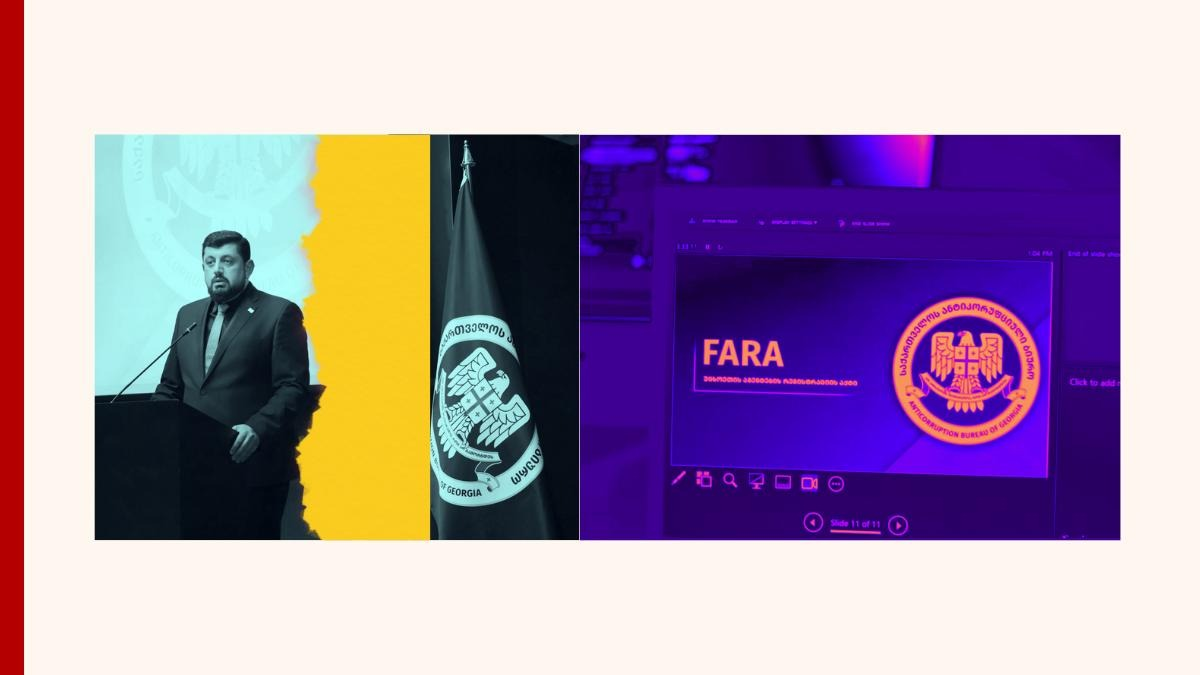The Georgian government has introduced a new law, modeled after the US Foreign Agents Registration Act (FARA), that requires organizations and individuals receiving foreign funding to register as “agents.” However, during informational meetings, officials have painted a different, even grimmer picture of the law’s implications. They suggested that even casual social media posts or attending protest demonstrations could be considered political activity, making individuals eligible for registration.
According to attendees, the authorities are using an overly broad interpretation of FARA, which would put a significant portion of the Georgian population at risk of criminal persecution. The lawyer Simonishvili described the application of the law in the Georgian context as a “complete legal nightmare.”
As a result, those targeted by the government’s FARA will face tough choices about what to do next. Representatives of organizations, media outlets (except broadcasters), and companies may have to stop operating, register on a portal that is seen as humiliating, or continue functioning without registering and try to resort to available legal mechanisms.
The Anti-Corruption Bureau has launched a website for submitting registration applications and related documents online, which features a “FARA e-file” portal. The website also encourages citizens to report individuals/organizations who they believe are breaching any norm of the law or have an obligation to register and are not registering. This has led to dark comparisons with the 1930s, when similar reporting practices underpinned the Stalinist purges in Soviet Georgia.
It is unclear how strictly the law will be enforced, but its introduction has already had a chilling effect. Staff members at foreign-funded NGOs have quit their jobs due to concerns about the harsh punishments that the GD’s FARA foresees.
The Georgian government has backpedaled on applying the law to staff at diplomatic missions and international organizations (IOs) in Georgia. However, it remains unclear whether individual staffers in organizations that refuse to register may also be persecuted.
Overall, the introduction of this law has raised concerns about the Georgian government’s intentions and the impact on civil society, media freedom, and human rights.












